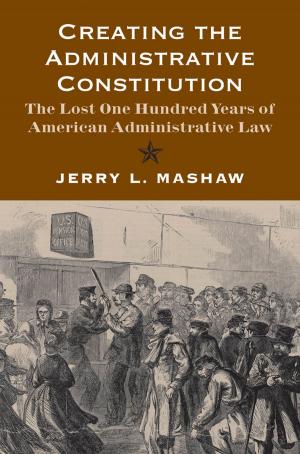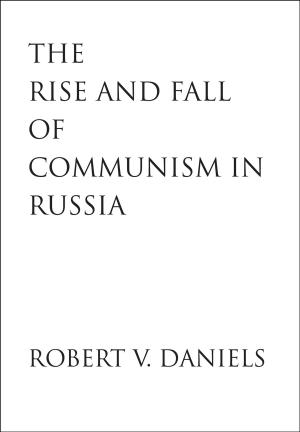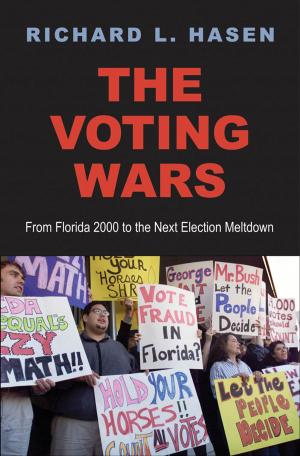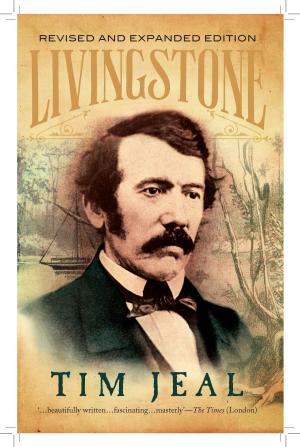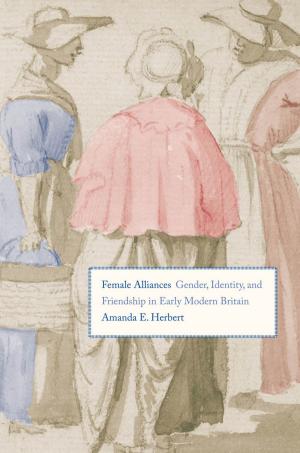The Natural Gas Market
Sixty Years of Regulation and Deregulation
Business & Finance, Economics, International| Author: | Prof. Paul W. MacAvoy | ISBN: | 9780300129328 |
| Publisher: | Yale University Press | Publication: | October 1, 2008 |
| Imprint: | Yale University Press | Language: | English |
| Author: | Prof. Paul W. MacAvoy |
| ISBN: | 9780300129328 |
| Publisher: | Yale University Press |
| Publication: | October 1, 2008 |
| Imprint: | Yale University Press |
| Language: | English |
Over the past six decades federal regulatory agencies have attempted different strategies to regulate the natural gas industry in the United States. All have been unsuccessful, resulting in nationwide gas shortages or massive gas surpluses and costing the nation scores of billions of dollars. In addition, partial deregulation has led the regulatory agency to become more involved in controlling individual transactions among gas producers, distributors, and consumers.
In this important book, Paul MacAvoy demonstrates that no affected group has gained from these experiments in public control and that all participants would gain from complete deregulation. Although losses have declined with partial deregulation in recent years, current regulatory practices still limit the growth of supply through the transmission system. MacAvoy’s history of the regulation of natural gas is a cautionary tale for other natural resource or network industries that are regulated or are about to be regulated.
In this important book, Paul MacAvoy demonstrates that no affected group has gained from these experiments in public control and that all participants would gain from complete deregulation. Although losses have declined with partial deregulation in recent years, current regulatory practices still limit the growth of supply through the transmission system. MacAvoy’s history of the regulation of natural gas is a cautionary tale for other natural resource or network industries that are regulated or are about to be regulated.





